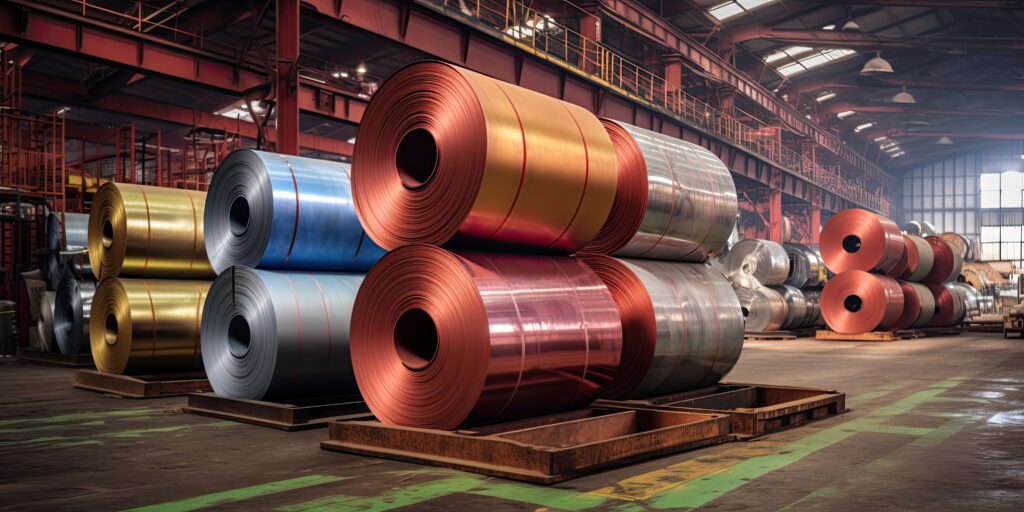By bird_saranyoo @Adobe Stock
Kim Mackrael and Laurence Norman of The Wall Street Journal report that Trans-Atlantic tensions over metals tariffs are proving resistant to a resolution. They write:
The Biden administration’s relationship with the European Union, a vital geopolitical ally in a time of crisis, is being tested by a Trump-era policy on metals tariffs that the White House had sought to unwind.
Former President Donald Trump in 2018 slapped hefty tariffs on most U.S. steel and aluminum imports, citing national security as grounds. The move infuriated U.S. allies—including other members of the North Atlantic Treaty Organization—and led some to impose retaliatory measures.
The Biden administration and the EU later announced a pause in the dispute and officials are looking to negotiate a new deal by January to tackle concerns about an oversupply of steel and its climate impacts.
Reaching an agreement has proven vexing. The U.S. and EU hope to announce progress at a summit next week in Washington between President Biden and the EU’s two top officials. But people close to the negotiations said that with just days to go until that gathering, a final deal is probably unattainable before the meeting and it remains uncertain how much the leaders will be able to agree on.
According to people familiar with the talks, an eventual deal could result in the two sides extending their current tariff truce rather than settling the dispute definitively. That extension could last through the next presidential election, the people said.
Officials are determined to reach an agreement. Failure to do so could weaken efforts in both Washington and Brussels to showcase a harmonious trans-Atlantic relationship ahead of next year’s U.S. elections. That vote could prove crucial to the shape of U.S. support for NATO, the strength of European-U.S. ties and Washington’s support for Ukraine in its war with Russia.
Biden, soon after coming into office, allowed European steel and aluminum imports to enter the U.S. tariff-free as long as volumes remained below historical levels. The move was meant to signal a reset in the relationship after bumpy years between Europe and the U.S. during the Trump administration. The EU also suspended its retaliatory tariffs, which had targeted U.S. products ranging from Harley-Davidson motorcycles to bourbon whiskey.
Economic tensions between Europe and the U.S. rose again last year over made-in-America provisions attached to clean-technology subsidies in the U.S. Inflation Reduction Act, which prompted some European companies to say they might shift investments to the U.S.
Some European politicians also accused the U.S. of taking advantage of European energy shortages linked to the war in Ukraine to charge high prices for liquefied natural gas, driving up industrial costs.
In current talks on a deal, the U.S. wants the EU to impose tariffs on steel from China, which U.S. officials believe contributes to global overcapacity and undercuts U.S. producers. Washington is also reluctant to completely end its tariffs on European metals, preferring instead to seek commitments from the EU to put levies on Chinese steel in exchange for a continued suspension of the tariffs on Europe, people familiar with the negotiations said.
Read more here.

